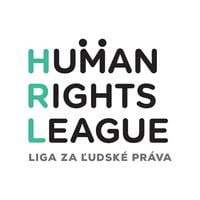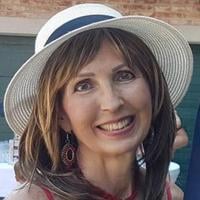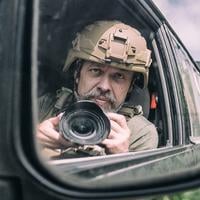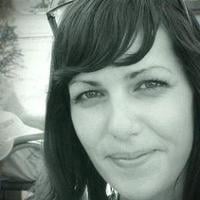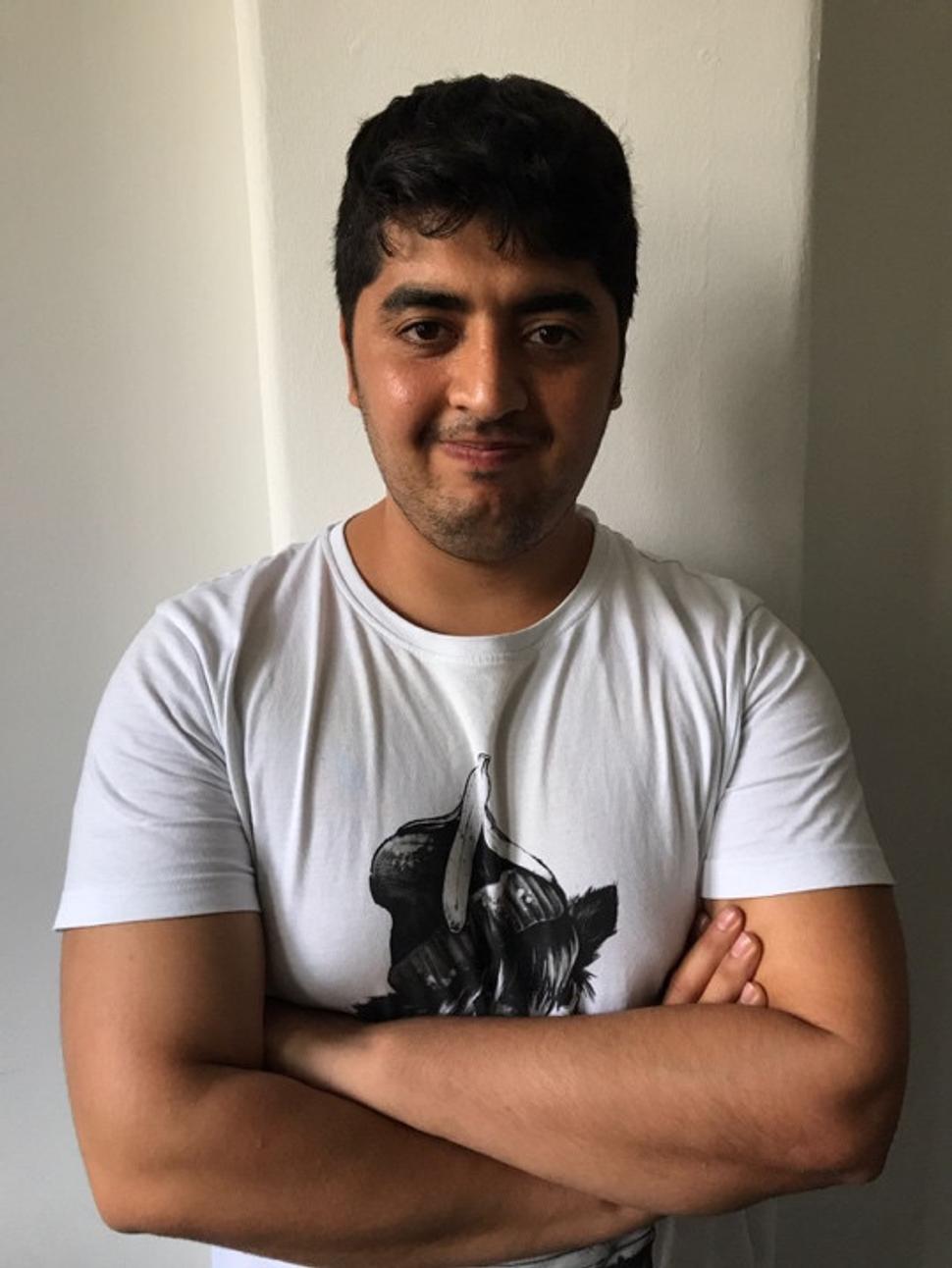
On Sunday’s World Refugee Day event in the old town market, we met an Afghan refugee named Abi, who was granted subsidiary protection two years ago with the assistance of the Human Rights League. While we were blaming all that in Hong Kong like the intense study life in uni, and how reluctant we are to go back there, he replied, “home is home. I love my home country but I cannot go back.” We are very much impressed by what he told us and so, we asked Zuzanna if we could conduct an interview with him. What follows is a lightly edited transcript of our conversation.
Abi left Afghanistan when he was 14. He was granted asylum two years ago and is currently studying Computer Science, learning Slovak, and working part-time at the same time.
Venisa, Raphael: Can you tell me about your experiences in Afghanistan before coming to Slovakia?
Abi: I came to Slovakia and I was born in Afghanistan. Six years ago, my grandmother said that I need to leave my home country because it was dangerous. There were some problems with my family and someone killed my father. They wanted to kill me and to take something from my grandmother too. When I left Afghanistan, I was only 12. At that time, I was still clueless about how danger it was to stay in Afghanistan. I didn't know why my grandmother asked me to leave at all.
V/R: Even up until today, does your grandmother tell you why?
Abi: Probably because my father had ties with some groups, and my grandfather was very rich too. Yet, I don’t know actually what they want.
V/R: You just talked about the life in Afghanistan that you underwent great life threat, right? After coming to Slovakia, do you feel safe here?
Abi: Actually, when I left Afghanistan, I went to Russia through Tajikistan. Then, when I was heading to another place, they caught me at the Slovakia border and sent me to the refugee camp. I have family in Germany, my brother who is 20 lives there too. After staying there for 20 days, they sent me to Germany but they refused to accept me because I have finger print in Slovakia. Then, they sent to back and forth. The whole process lasted for nine months. After that, I was brought to the court by the Immigration Office but again- negative response. That time was very hard for me as I was not able to contact any of my family members, nor was I allowed to find a job. It was very hard for me, especially as I was so young to cope with all these. The life before and after I left Afghanistan changed a lot: originally I lived with my family but then I lived with strangers from all around the world, like Russia and Slovakia. It was really hard.
V/R: How about now, do you get to meet your grandma?
Abi: No. My uncle came two years ago to meet me and applied visa to work in Slovakia. My brother and I visit each other quite often since then.
V/R: Did the police or staff in the camp help you at all? For example, to assist you to contact your grandma?
Abi: No, they didn’t. They did not give any money to refugees. I could only call my uncle after I had got a visa in Slovakia and could make money by myself.
V/R: How did you spend your time here during the two years when you were not allowed to work?
Abi: I met some social workers and played football with some of my Afghan friends. Actually, if I wanted to go outside, I needed to ask for permission too because of the security issue in the camp.
V/R: What happened after the Immigration Office’s refusal to grant you an asylum?
Abi: The Human Rights League provided me with free legal aid and assigned a lawyer to me. At last, the Immigration Office granted me a visa and I started working in IKEA. Two years ago, I started studying Computer Science at school.
V/R: Let’s move on to talk about your life as a refugee here. After coming to Slovakia, have you encountered any discrimination from the local simply because you are a refugee?
Abi: Yes, I do. I know someone who don’t like refugees at all. But in general, Slovak people are willing to accept us. It is the Slovak government who doesn’t want any refugees. But one time, I met a guy who asked me to go back to Syria when I was in Tesco! I could only make jokes about it and told him that I actually came from Afghanistan. Then, I told the manager about it and the manager apologised.
V/R: How long have you been learning Slovak?
Abi: This is really a good question. Slovak is really hard to learn. I have some Slovak friends who always talk to me. That’s why I learned very fast. Then I started to study at school and improved a lot. My advice is that if you want to learn a new language, you have to communicate more with others!
V/R: How did you overcome the period of time when you did not know how to speak Slovak and not being able to speak English fluently?
Abi: Actually, I did not need to speak Slovak because the staff in the Immigration Office had already arranged to me Slovak interpreters. I started learning it only after I had come.
V/R: What are the major challenges, in terms of cultural differences, that you faced when you came to Slovakia?
Abi: There are a lot of changes. Home is home, I have been living in Afghanistan, speaking Afghan for years. Afghanistan is my everything. From food to language, for me, everything is different between the two countries. Here, there are sex shops, which is quite a shock for me as it is something that you won’t see in Afghanistan.
V/R: Do you have any religious beliefs?
Abi: Yes, I am a Sunni Muslim.
V/R: Do you find any difficulties living in Slovakia as a Muslim?
Abi: They have Halal food in Tesco and Turkish restaurants who sell food similar to ours. I do not have difficulties in this regard. I also have friends from Iraq, which have similar culture to Afghanistan. I noticed that there isn’t any Mosques, but that’s not a problem for me. I do not have time to pray because of the jam-packed schedule- I need to work part-time from 7am and go to classes afterwards till 8 or 9 pm every day. This also makes me unable to fast during Ramadan. There are Muslims who do bad things but still, I like people who are good and normal, regardless of their religious belief.
V/R: Do you enjoy your life in Slovakia?
Abi: Yes, I do. I have friends and most importantly, I feel safe here. I feel like it is my country. It’s also much better than my home country in terms of safety issue. I can study and work in Slovakia and the people are really nice. But still, I do not know if I would go back to Afghanistan one day- there isn’t any democracy or freedom.
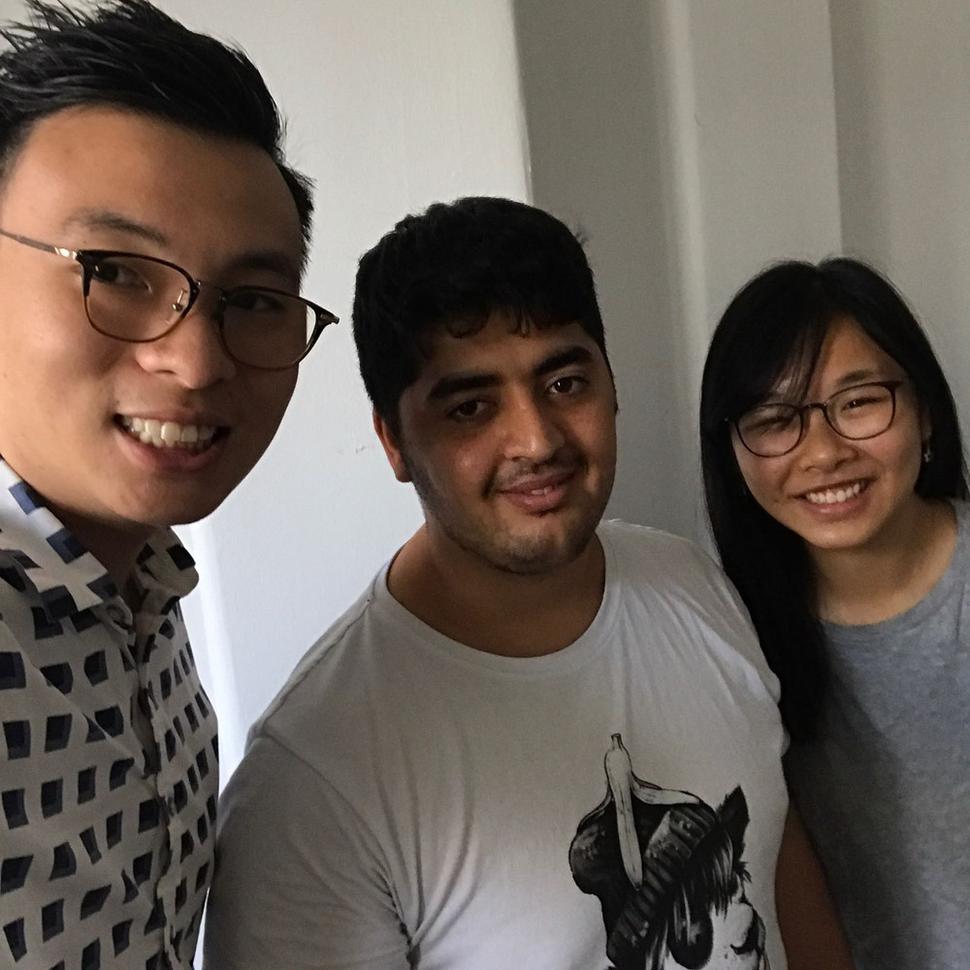
Liga za ľudské práva/ Human Rights League supports refugees in Slovakia. Follow us on facebook or instagram @humanrightsleague or check out our web: www.hrl.sk
